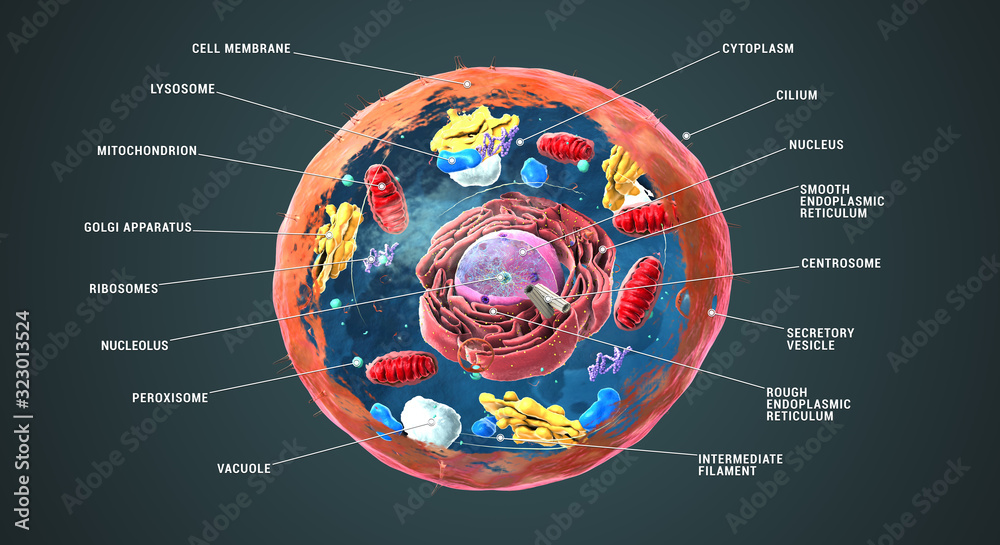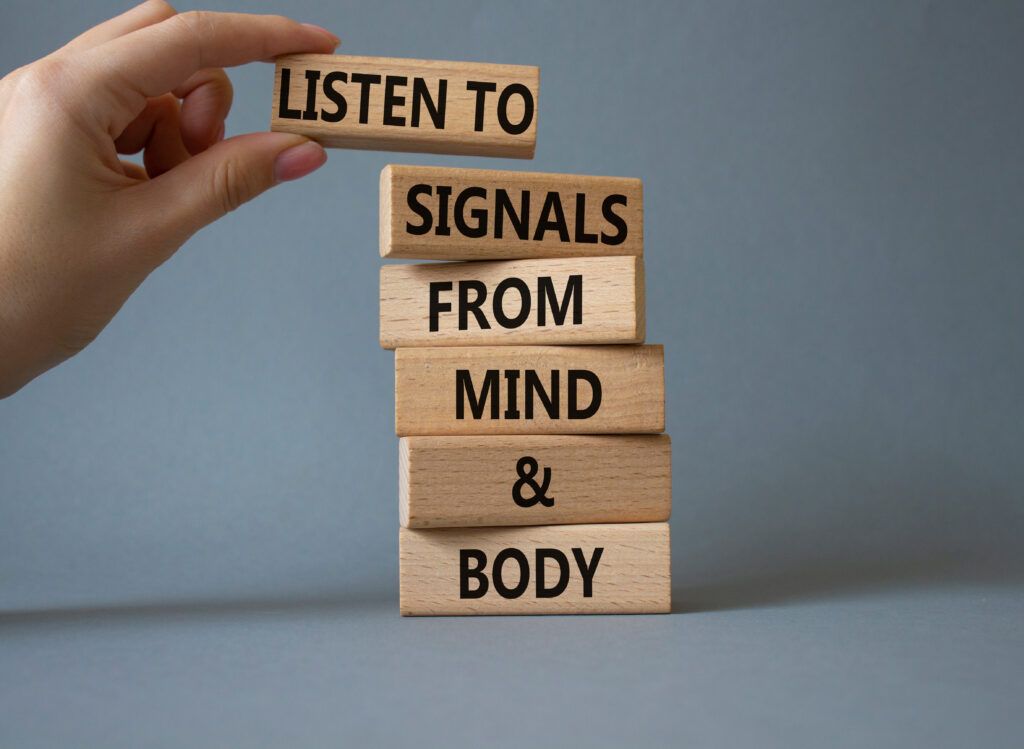Pain is a distress signal. It is an alarm your body uses to warn you that something is wrong. Like other symptoms we experience, like heartburn, anxiety or fever, pain is a way to get your conscious brain’s attention. In this article, we will explore pain and other symptoms and why it is essential to listen to these messages.
Lets Get Started:
Your Cells Maintain Balance
Let’s look at our bodies from the cellular perspective. Most of what happens within the cell is about keeping us functioning within a narrow healthy range. It’s about maintaining homeostasis, maintaining balance. We accomplish this by a mind-boggling amount of feedback loops and sensors that maintain homeostasis despite an ever-changing environment.
Glucose levels rise too high after a meal, and pancreatic cells release insulin to scoop up the extra glucose and store it as fat. Glucose levels fall too low, and a different type of pancreatic cell releases glucagon to convert that fat back into glucose. We stand up, and gravity pulls the blood into the lower part of our bodies. Immediately, pressure sensor cells in our neck detect the drop in blood pressure and tell the heart to beat harder and faster to normalize pressure.

Symptoms are Distress Signals: You are Not Balanced
This balance, homeostasis, is what all living matter must do to stay alive. And it all happens at the unconscious level. When your cells can no longer maintain this balance, when their very existence is at risk, they ask for help. They send out a distress signal: Pain, heartburn, anxiety.
How does this happen?
Imagine that your body is the engine and that you are the captain of the Starship Enterprise. Your chief engineer, Scotty, keeps the engine running smoothly for peak performance. But when he sees the engine is straining or is about to blow up, he calls the bridge. He warns the captain and asks for his help. ‘Either change course or reduce speed because I can no longer maintain this engine.’
Essentially this is what happens when we experience pain or other symptoms. It’s our body telling the captain- the conscious part of our brain- that it needs help maintaining balance.
With no telephone to relay this warning, our compromised part relies on chemicals. Like other living organisms, our damaged cells release a wide array of chemicals that act as distress signals. In humans, these chemicals travel through our bloodstream or, via the nervous system, to the brain to get our attention.
Listen to Your Body's Distress Signals
So when you feel pain or other discomforts, remember it is your body sending you a distress signal.
Honour yourself by listening.
How do you do that? You temporarily leave your job as captain of the Starship Enterprise and become a detective. But instead of looking at the outside world for clues, you delve inwards.
You bring your awareness into yourself, and you observe your discomfort. Objectively.
Where is it? What does it feel like? What makes it better? What makes it worse? When did it come on? What are you doing differently?
Like a detective, you look for patterns and connections. You explore all avenues and are willing to ask the hard questions. Is this related to work or my relationships? Is it related to my eating habits or my lack of exercise?

Being a competent detective, you may discuss the case with various professionals. Depending on the clues you are trying to decipher, you might want to consult with a doctor, a physiotherapist, or a counsellor. Ultimately, it is your body sending you messages.
Minimize the use of symptom-relief medications
When you take a pill for pain or antacid for heartburn, you essentially silence your body’s distress signals. Sometimes you need to do that. But you also need to listen and honour your body’s distress signals.
If you want to maintain your body at its highest potential, this skill is essential.



